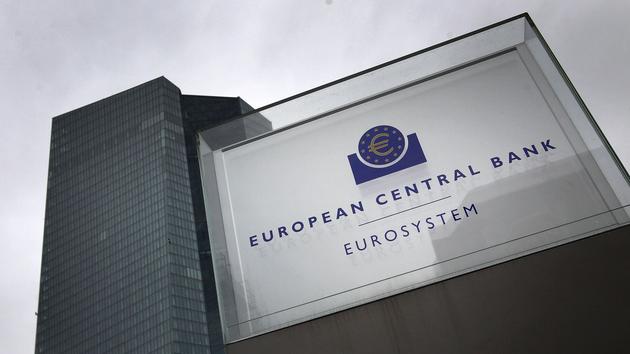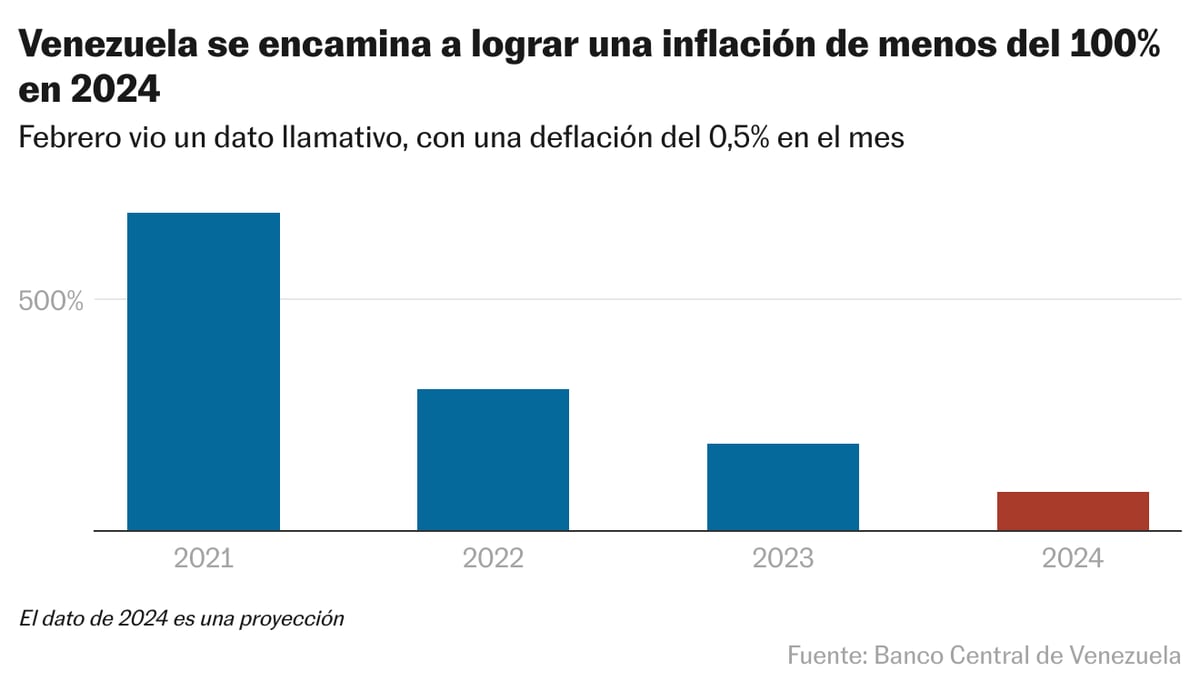Nicolas Goetzmann is responsible for research and macroeconomic strategy at Financière de la Cité.
FIGAROVOX.- Many observers fear that the monetary creation of central banks in response to the crisis will generate high inflation. Is this fear founded?
Nicolas GOETZMANN.- The current situation is apparently contradictory because several economic forces are at work. From the point of view of French consumers, the first evidence is to note an increase in the prices of certain products, like fruits and vegetables. This increase is the result of a strong demand for French products which no longer undergo foreign competition during this period of confinement. This rise in prices therefore stems from an imbalance between strong demand and constrained supply in a particular sector. But this imbalance does not occur across the economy as a whole. What is “lost” on fruit and vegetables will translate into a drop in consumption of other goods and services, which will consequently be subject to downward pressure on prices.
Inflation does not affect the French economy as a whole. It is a reverse phenomenon that is at work.Inflation does not affect the French economy as a whole, it is even an opposite phenomenon that is at work. Since the start of the crisis, we have witnessed a collapse of inflation expectations on the financial markets to historically low levels. It is therefore disinflation and deflation that are perceived as the greatest threats to our economy, and this is precisely what the Central Banks are trying to avoid by their monetary creation action. The objective is not to cause inflation but to avoid deflation which would be synonymous with depression.
There is great ambiguity on the issue of inflation. We are talking about a threat to purchasing power but never mention the fact that the main driver of inflation is wage growth. So when a political discourse defends zero inflation, it does nothing but promote stagnant wages. Conversely, deflation is a symptom of falling wages and rising unemployment; it would be absurd in such conditions to emphasize its beneficial character on purchasing power.
In the case of the current crisis, the fall in inflation expectations over the long term is simply the result of the anticipation of a recession. In such a case, unemployment increases sharply, which we can already see in France with a historic increase in the number of unemployed in category A for the month of March according to data published by DARES. In such a case, companies have no incentive to raise wages, and may even be encouraged to lower them. This context produces an economic impact which is a “drop in demand”, which drives GDP down, and which drives inflation with it.
Is this fear of inflation explained by our history?
The current fear of the “return of inflation” indeed comes from the example of the 1970s. It was then considered that the oil shock was at the origin of the rise in prices within the Western economies: “great inflation” . But economic research is today quite clear on this crisis. At the end of the 1960s, the western economies were in a situation of full employment, but the economic authorities, mainly the central banks (the Fed in particular), chose to support their economies when they had already reached their peak. full potential. If this potential is exceeded, inflation arises. Wages were growing alarmingly. It was the actions of central banks that led to the oil shock, not the other way around. And central banks continued to step on the gas, thinking they could cut unemployment despite double-digit inflation. In the early 1980s, unions obtained annual wage increases of 15% for several consecutive years.
The current situation is completely opposite to that of the 1970s and is much more like that of the 1930s.But when we look at the current economic data, we realize that the current situation is completely opposite to that of the 70s, and much more like that of the 30s: rising unemployment, falling inflation prospects, rising debt are the signs of a deflationary crisis.
To date, 10-year financial market expectations point to inflation of less than 1% for the euro area. And this, despite the action of the European Central Bank which will exceed 1000 billion euros of monetary creation before the end of 2020. This means that monetary policy is not yet sufficiently active to allow expectations to progress. long-term inflation and growth. It is therefore to be hoped that the ECB will do more, and that governments will finally understand the lessons of previous crises. We must stop believing that we are constantly replaying the crisis of the 1970s, and carefully observe the nature of the deflationary shock that threatens us.
Isn't there still hidden inflation, as suggested in particular by the rise in house prices?
This is perfectly counterintuitive, but rising house prices are also a symptom of low inflation. Low inflation leads the central banks to lower their key rates, which allows the banks to pass on this fall to their customers who want to buy real estate. It then suffices to make a simple calculation to realize that the mere modification of the financial conditions linked to a mortgage has had a very powerful effect on prices. Since the late 1990s, real estate rates have gone from 7% to 1%, which has also prompted banks to extend the duration of loans, from 15 to 25 years for example. These changes in financial conditions alone explain a 140% increase in prices. If we add to this the weakness of construction progress in the country, we have a perfect recipe for an explosion in property prices.
Low inflation is a driving force behind rising asset prices.In reality, low inflation is a driver of rising asset prices, this is true for real estate, as is the case for investments in stocks or bonds.
You really have to make a distinction between consumer goods and investment, which is the case with real estate.
But for an average salary, a context of disinflation is a pincer between weak wage increases and an increase in house prices.
To what extent do economic actors have divergent interests on the issue of inflation? Would the consequences of an inflation situation really be negative for the majority of French people?
Asset holders have an interest, within a certain limit, in a disinflationary trend, and this is what we have known for several decades. Under such conditions, the prices of these assets rise. At the same time, disinflation is witnessing the rise in unemployment, which is weighing down on wages, and finally on prices. Companies are no longer under upward pressure on the wages they have to pay and are therefore restoring higher margins. This process was useful in the wake of the high inflation of the 1970s, but it went too far. Once inflation was brought under control, which was the case at the end of the 1980s, the process continued, which led to the scissor effect described above. The value of capital increases while the value of labor erodes over time. The rise in inequality within Western countries is largely the result of this process. The limit of this phenomenon is mainly political, because a system which benefits only a minority tends to self-destruct.
A system that benefits only a minority tends to self-destruct.To answer it, it is not a question of favoring the return of high inflation, which would be absurd, but simply of accepting an inflation rate which corresponds to the maximum level of growth of the country, which one could assess between 2 and 3%. It is a level that we have not known for several decades, which is the result of an excessively rigorous monetary policy carried out since the end of the 80s. In the face of declining inflation expectations that we know today, the policy of "competitive disinflation" carried out in Europe and in France for 40 years is the main driver of the country's economic and political fracturing.














